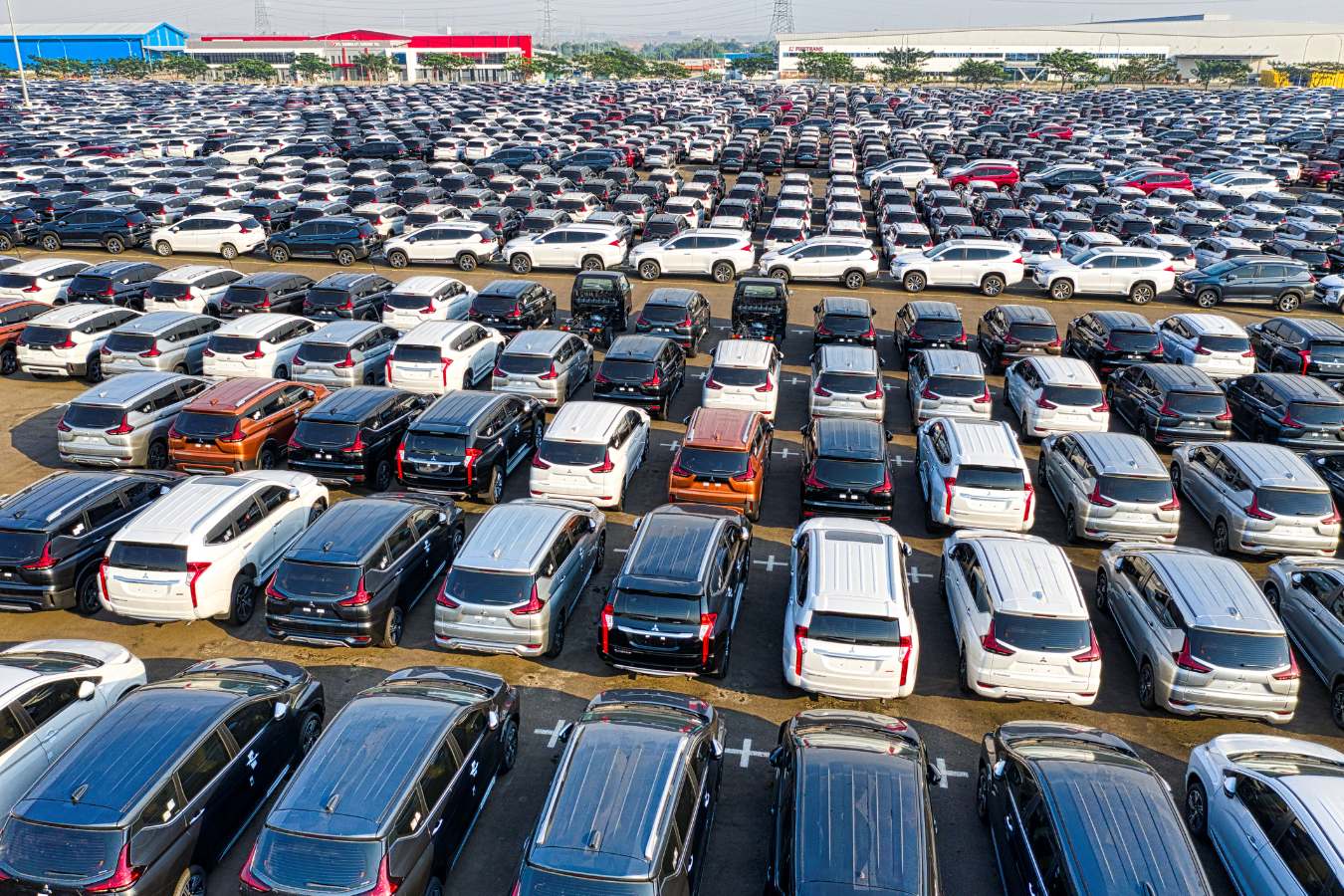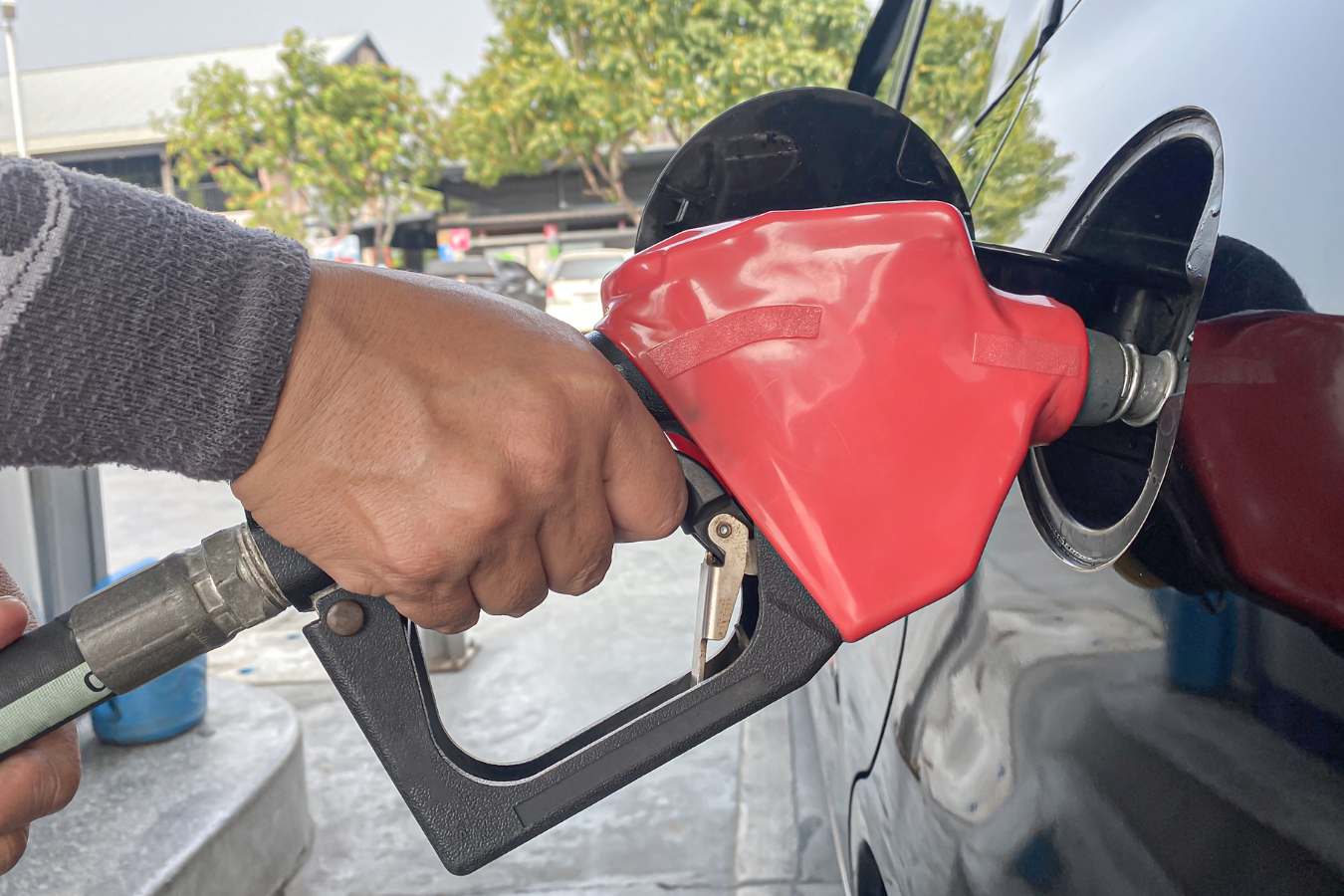In a recent development, General Motors Co. and Stellantis NV have been fined a combined total of $363 million for failing to meet U.S. fuel efficiency standards. These penalties date back to the Trump administration and have been disclosed in filings with federal regulators. 
Stellantis, the multinational automotive manufacturing corporation, paid more than $123 million in January for not meeting the standards with its 2018 model year lineup. In May, the company paid in excess of $112 million for falling short in the 2019 model year. On the other hand, General Motors Co. paid nearly $90 million for 2016 and more than $38 million for 2017.
Interestingly, this is the first time General Motors has chosen to pay a fine for not meeting fuel efficiency standards. In the past, the company relied on regulatory credits it purchased from other automakers to meet the fleet wide requirements.
In a statement, GM revealed that it expects to use a mix of credits and fine payments to meet stricter fuel economy mandates. This comes as part of the company’s broader strategy to transition towards an all-electric lineup by 2035.

The Biden administration played a significant role in these developments. Last year, it increased penalties for noncompliance with federal fuel economy rules, leading to these retroactive payments. For 2019 to 2021 models, the penalty rose from $5.50 to $14 for every tenth of a mile per gallon that vehicles exceed the standard. The rate increased further to $15 for 2022 models.
Under the revised rules, carmakers are required to raise average fleet fuel efficiency by 8% annually for the 2024 and 2025 model years, and an additional 10% for 2026. By then, the average must be at least 49 miles per gallon under the agency’s testing regime. However, actual results for motorists will likely be closer to 39 or 40 mpg.
The industry’s current fleet average is slightly more than 25 mpg in real-world driving.
Manufacturers that fail to meet the standards face the risk of significant penalties, as demonstrated by the recent fines paid by GM and Stellantis.

The significant fines paid by GM and Stellantis highlight how crucial fuel economy is in today’s auto industry. Automakers are under more and more pressure to increase the fuel economy of their fleets as a result of tougher laws and harsher fines. The emphasis on fuel efficiency will continue to increase as the sector transitions to a more sustainable future.
Dial (866) 821-4555 to get started on a pain-free vehicle transfer trip with Ship A Car, Inc. Our helpful and educated support staff is here to respond to your inquiries, offer tailored advice, and help you start taking care of your vehicle transportation needs. Discover the benefits of working with a trustworthy transportation partner who prioritizes your happiness and satisfaction.
GM and Stellantis were fined for failing to meet U.S. fuel efficiency standards. The fines, amounting to a combined total of $363 million, date back to the Trump administration.
The Biden administration has increased penalties for noncompliance with federal fuel economy rules. Carmakers are required to raise average fleet fuel efficiency by 8% annually for the 2024 and 2025 model years, and an additional 10% for 2026.




